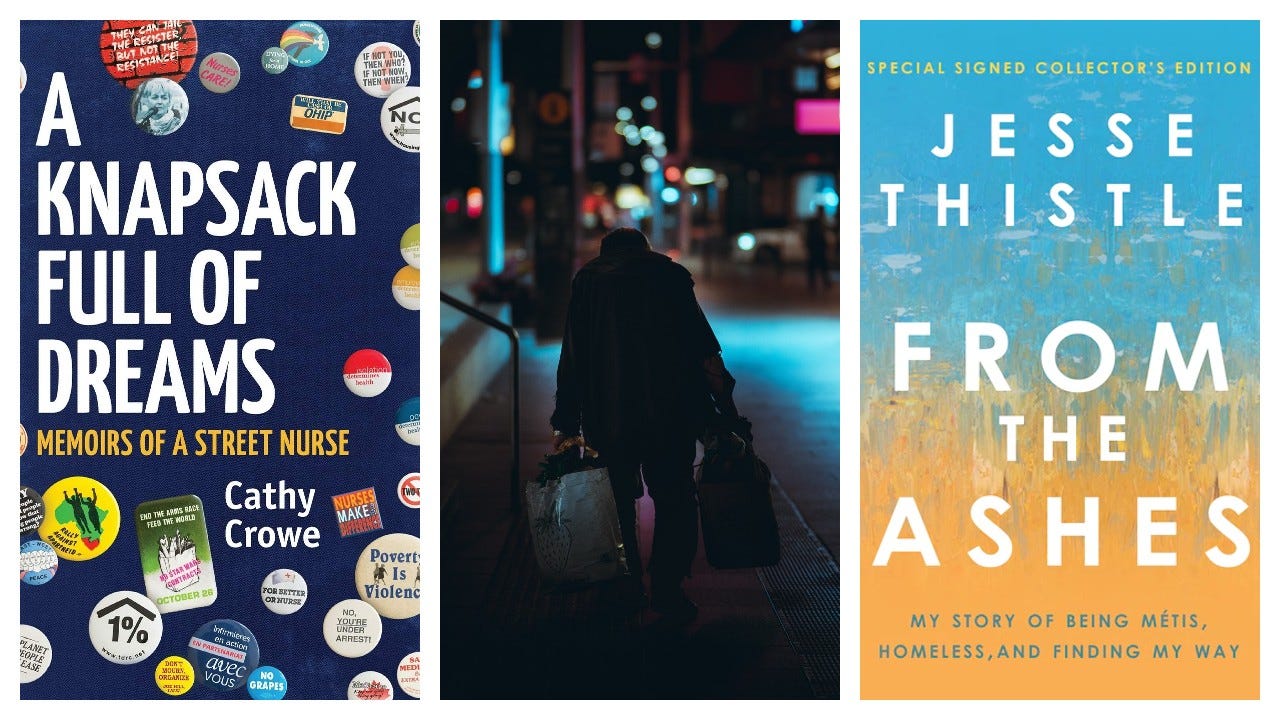It’s women’s day and I’ve spent it working on an essay about kokum scarves. Thinking about those colorful florals and grandmothers and solidarity. Thinking about all the ways that identify is fraught and relationships are complicated and we want so badly to be one thing. Or maybe that’s just me.
Because we are never just one thing are we? I am Ojibwe and Ukrainian. I am mother and wife, daughter and cousin. I am Christian and maybe not. Idk it’s complicated. I spoke from a pulpit last Sunday and it still jarred to see myself described as Christian in a women’s day listicle about Christian women changing the church. I wanted to tell them not to call me that, but I guess it’s ok. Those are also relatives who claim me even if I’m not too sure what to do with that anymore. There’s a lot of baggage in that word now that I don’t want to be associated with. A new friend introduced herself at a panel I was on recently by saying that she loved Jesus but had questions for the church and I felt that hard.
Jesus seems nice. What came next not so much. These Christian countries we live in don’t act very Christian do they. Idk, maybe when Jesus said that we would always have the poor among us they took that to mean he didn’t care either. But I don’t think that’s what he meant.

Last week I read the book by Cathy Crowe called Knapsack Full of Dreams and she recounts her decades as a Street Nurse in Toronto. All the work and the advocacy. The long cold nights and hot summer days lugging around that 30kg knapsack filled with the tools of a street nurse’s trade. And it is a beautiful inspiring heartbreak of a book because after decades of work and advocacy, after receiving the order of Canada for her work, what has changed? So much has gone backwards. Every win has been clawed back. Imagine if she and others like her were not working so hard, we not out in the streets night after night saving lives, burying the ones they could not save, forcing politicians to see what their policies create and exacerbate.
Homelessness is a policy decision.
A couple of years ago I read Jesse Thistle’s book Up From the Ashes in which he tells the same story from another perspective, the person being advocated for. And his story is also a beautiful inspiring heartbreak of a book. When it was defended on Canada Reads one of the panelists called it trauma porn. Ouch. I understand why she thought that but I disagree, only a superficial reading of his book would give you that impression. It is a brave story and it includes trauma, but it doesn’t exist for the purpose of sharing trauma. If you read it carefully it is a damning critique of the system that exists to support homeless people. It does what Cathy’s disaster tours do, it forces those with power to look at the consequences of their actions.
Not inactions. Homelessness is not the result of inaction. It is a policy decision. Action.
Cathy and Jesse were both feted and acknowledged by Canada’s elite. Given awards and plane rides, hotel rooms and podiums. Jesse is now a researcher working on homelessness. His model on addressing Indigenous homelessness is transformative. They are invited to speak and teach but change remains elusive. Because the people who applaud them don’t want things to change.
It’s cheaper to house people. This has been studied and proven ad infinitum. And we know that people with stable homes are more stable. If they can access mental health care and have food security even better. Children stay with parents, parents stay out of jail, vandalism decreases and high school graduations increase. By ever metric that governments measure things get better.
Doug Ford did not spend $5,000,000,000 in federal money meant to alleviate the impacts of Covid. That’s a lot of zeros. That’s a lot of housing. A lot of mental health care. A lot of food. That’s a lot of people off the streets and out of unsafe shelters where Covid spreads quickly. But he didn’t spend it.
I can only assume that despite all this work, all this advocacy and research, the people with the power to do something differently simply don’t want to. They just don’t care. I don’t mean politicians. I mean citizens. Me. You. The people with the power to demand better of politicians. But we don’t care as long as they aren’t on our streets, in our neighbourhoods. We’ll volunteer at shelters and soup kitchens but where are we during council meetings? When politicians knock on our doors do we ask them about their plan for housing?
The Fight for 15 and Fairness is a transnational organization. You can tell how long it’s been around because when it started $15/hour was a living wage in most states and provinces. It isn’t anymore. Not even close. There is also Justice for Migrant Workers who advocate for those precarious workers who are exploited and invisible.
I know you care. Maybe you feel helpless. I feel helpless. These decisions get made in rooms we probably don’t have access to. But you have access to something. To your workplace or church, your soccer team or book club. You can do something there. Most organizations who are doing something about homelessness have a toolkit and you can pick something from that toolkit and do it. Don’t worry about how big the problem is. Focus on the thing you can do and trust that others are doing that too.
We can change the world. We have to.
